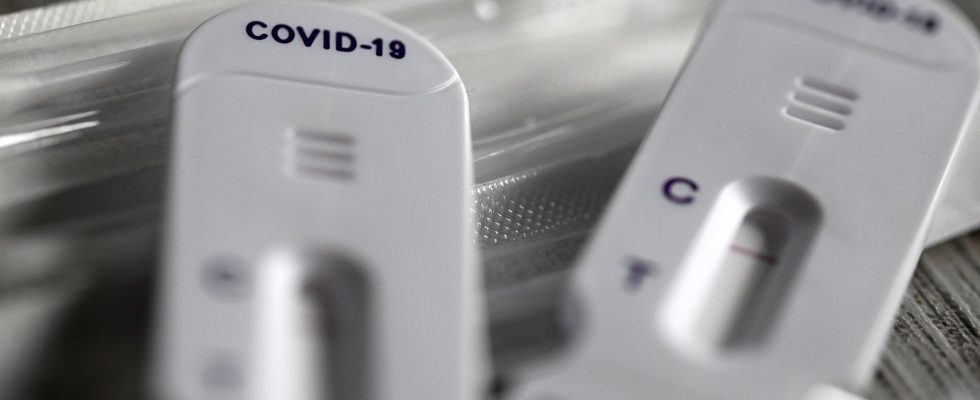It’s back to school for the Covid-19 too. The new variant of the coronavirus, BA.2.86, carefully monitored by the WHO, was detected for the first time in France, this Thursday, September 1, according to Public Health France at AFP, confirming information from the Parisian. According to the daily, the positive sample passed to sequencing, that is to say the complete analysis of the genome, dates from August 21. It was detected in a person tested in the Aube department (Grand-Est region) and “appeared this Thursday at the end of the day in the Gisaid database, used by scientists around the world”, writes the daily. .
This member of the Omicron family is under particular scrutiny because of a “greater number of mutations” in the Spike gene it carries compared to current dominant strains. This makes it “likely to evolve more significantly and to spread more easily”, recalled last week the president of the Committee for monitoring and anticipating health risks (Covars) Brigitte Autran.
As a reminder, the Spike protein gives the virus its spiky appearance and allows SARS-CoV-2 to penetrate host cells. This new BA.2.86 variant could thus partly escape the immunity conferred by previous infections or vaccination. Because “the antibodies, which target the Spike protein, risk misrecognizing it”, details the site of the Parisian.
Variant under surveillance
As a precaution, the WHO has decided to classify this new variant – nicknamed “Pirola” on social networks – in the category of variants under surveillance. Cases of BA.2.86 had already been detected in several countries, including the United States, Denmark or Israel, but not yet in France.
Even if BA.2.86 caused a major spike in infections, “we don’t expect to see comparable levels of severe illness and death to what we did earlier in the pandemic when the Alpha, Delta, or Omicron have spread,” recently commented François Balloux, who heads the chair of bioinformatics at University College London.
Public Health France stresses that it has “launched an investigation to collect epidemiological information to document this first case”.
